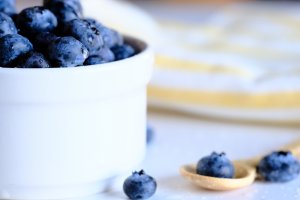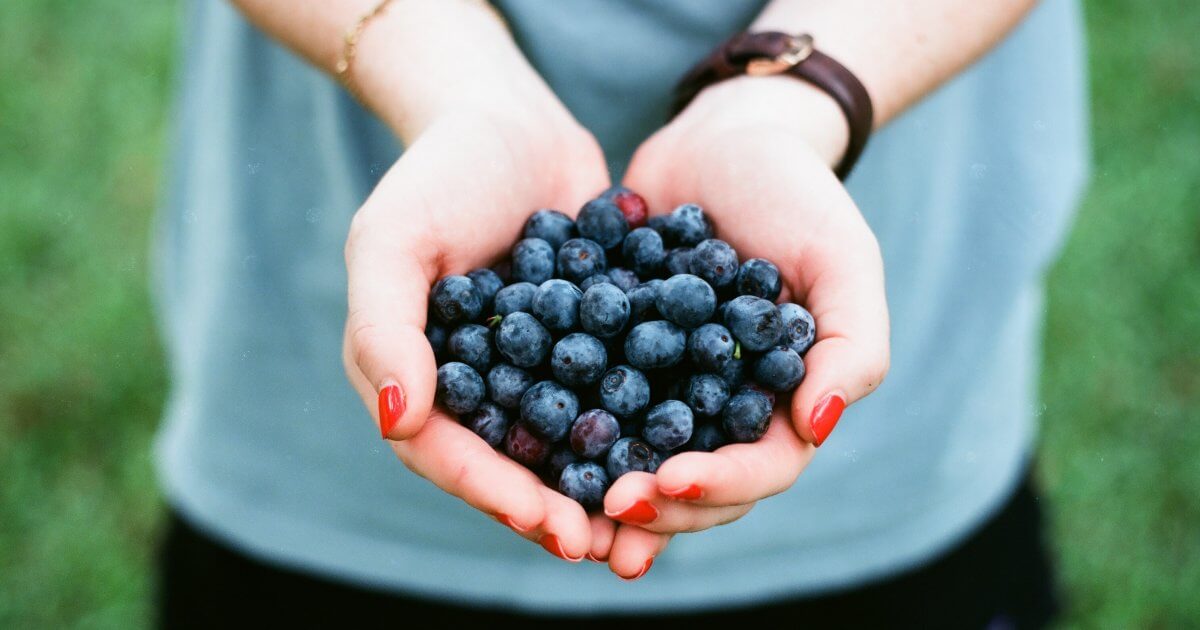Blueberries are often referred to as a “superfood” — they’re packed with antioxidants and often thought of as an easy fruit to incorporate into the diet to improve overall health. You can do a quick Google search and come up with countless articles about the almost magical qualities blueberries allegedly have. The small, blue fruits contain antioxidants as well as iron, zinc, calcium and many other vitamins and nutrients we need to have a healthy, balanced diet. There’s no doubt — blueberries are good for you. But claims that blueberries can prevent or even treat cancer are not quite as well-supported.
Blueberries as a Cancer Treatment?
There is some evidence that blueberries can be used in conjunction with cancer therapies as a way to improve overall treatment results — but perhaps not in the way you would think. Patients weren’t simply instructed to eat X amount of blueberries, but were given a potent blueberry extract.
Read More
While this research showed promising results for using blueberry extract when treating cervical cancer and other cancers, the study authors noted at the time of publication that more research is needed.
Blueberries have also been found to have some cancer prevention qualities. For example, the American Institute for Cancer Research found that dietary fiber — which can be found in the fruit — may reduce the risk of colon cancer, and that consuming both fruits and veggies regularly can reduce the risk of cancers of the aerodigestive track (mouth, pharynx, nasopharynx, esophagus, lung, stomach and colorectal cancers).
Still, it’s a good idea to avoid assuming that any one food is going to prevent or treat cancer — and to instead adopt an overall healthy diet.
Consistency is key.
Is There a ‘Cancer Prevention’ Diet?
We’ve posed this questions to physicians and dietitians across the country and gotten the same answer — there is no prevention diet, and there is no one food you can incorporate into your routine that it going to absolutely prevent cancer.
There is, however, a diet pattern that can be adopted that may help to prevent certain forms of cancer. The goal is to limit foods that we know are problematic for overall health, like processed foods, sugary drinks and red meats — and to incorporate more healthy whole foods.
RELATED: New Cancer Prevention Guidelines Stress More Exercise, Less Alcohol
Dietician Krista Maruschak explains how meals should be set up to improve overall health.
“The American Institute for Cancer Research came up with a way to set-up your plate at your meals to really optimize the amount of vitamins, minerals and phytonutrients that you have in meals,” Registered Dietician Krista Maruschak, who works with clients at the Cleveland Clinic, told SurvivorNet in a previous conversation. “So, that’s going to look like two-thirds of your plate being plant based foods — like fruits, vegetables, whole grains, beans, things like that — and the other third of your plate will be made up of lean protein sources such as chicken, fish or eggs.”
Learn more about SurvivorNet's rigorous medical review process.


